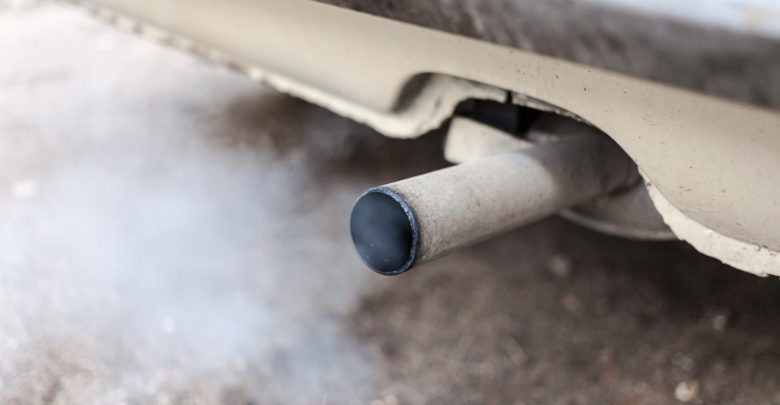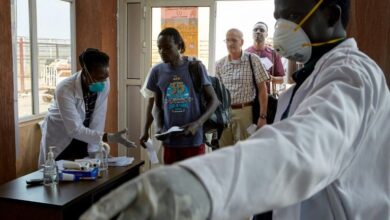Health
Breast Cancer Risk: New Study Says Long-Term Exposure To Vehicle Exhaust Fumes Results In Breast Cancer
Women working near busy roads are at high risk of developing breast cancer, due to air pollution

Air pollution is currently one of the worst problems that the world is facing. If a new study is to be believed, air pollution increases the risk of developing breast cancer in women.
According to a new study conducted by researchers from the University of Stirling in Scotland, women working near busy roads are at high risk of developing breast cancer, due to traffic-related air pollution.
For the purpose of the study, the researchers analyzed the case of a woman who developed breast cancer after spending 20 years working as a border guard at the Ambassador Bridge between Detroit, Michigan and Windsor, Ontario.
Surprisingly, the woman’s diagnosis came within 30 months of five other women working at the same border crossing. Another seven women working at the Detroit-Windsor tunnel were found developing the same disease alongside them.
The researchers Michael Gilbertson and Jim Brophy believe chemicals in the traffic fumes caused cancer. Vehicle exhaust fumes shut down the BRCA1 and BRCA2 genes in the body, which play a big role in repairing DNA to stop defects leading to uncontrolled tumors and breast cancer. Notably, BRCA2 gets rapidly degraded in the presence of aldehydes, which are also components of exhaust fumes.
Considering that the woman worked 40 hours a week, she could have been exposed to the fumes of up to 46.8 million vehicles.
The researchers claim that there is a one in 10,000 chance the cases were a coincidence as the cancers were all so similar and close together.
“These outbreaks of breast cancer represent a new occupational disease,” Dr. Gilbertson said, reported Daily Mail. “This new research indicates the role of traffic-related air pollution in contributing to the increasing incidence of breast cancer in the general population.”
The woman, whose case was revealed in the study, was denied any compensation.
The research study has been published in the journal New Solutions.






